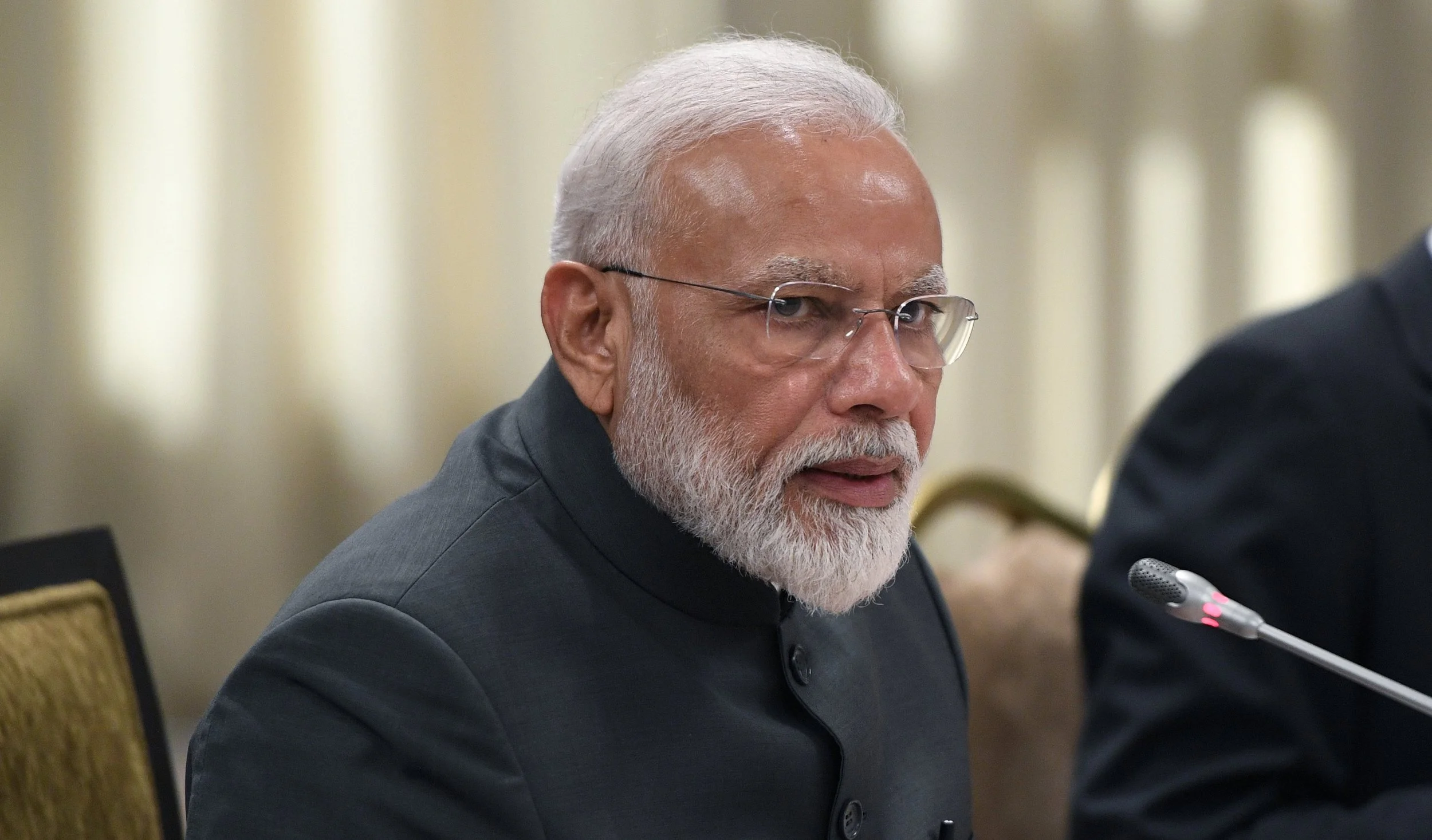Pakistan/Saudi Arabia New Defense Pact Rattles India
A Strategic Mutual Defense Agreement signed by Saudi Arabia and Pakistan on September 17, 2025, has unnerved Indian officials and caused strategic concern for the country of nearly 1.5 billion people.
The pact formalizes a decades-long security partnership with a collective-defense clause stating that "any aggression against either country shall be considered an aggression against both".; with the Pakistani Defense Minister Khawaja Mohammad Asif emphasizing two days later during a T.V interview that Pakistan's nuclear program "will be made available" to Saudi Arabia if needed under the new defense agreement.
While it's unlikely Saudi Arabia would be directly drawn into a military conflict between India and Pakistan, the agreement is unsettling for India for several reasons:
Emboldens Pakistan: The pact provides Pakistan with increased diplomatic backing and the potential for financial support for its military. This could embolden Pakistan to take a more aggressive postures on issues like Kashmir, cross-border terrorism, and water disputes.
Complicates retaliation for terrorism: The agreement complicates India's ability to retaliate against confirmed Pakistan-sponsored terrorism. Any Indian action could be framed as aggression against Saudi Arabia as well.
Diplomatic setback: India and Saudi Arabia have been building a closer strategic partnership in recent years, including Saudi investments in India. The pact with Pakistan represents a significant diplomatic setback for India and raises doubts about Saudi Arabia's neutrality.
Threat to economic corridor: The timing of the deal also coincides with Saudi Arabia's involvement in the India-Middle East-Europe Economic Corridor (IMEC). India is concerned that the pact could complicate or undermine this initiative.
Reshapes the security landscape: The formalization of the Saudi-Pakistan alliance shifts the regional balance of power. It introduces a nuclear-armed Pakistan into the Gulf's security architecture, which creates a new layer of complexity for India.
Indian Government's Official Reaction
Following the announcement, India's Ministry of External Affairs adopted a cautious but firm approach:
Studying the implications: Spokesperson Randhir Jaiswal said that India would "study the implications for national security and regional and global stability".
Reminding Saudi Arabia of its relationship with India: The statement additionally expressed hope that the strategic partnership between India and Saudi Arabia would "keep in mind mutual interests and sensitivities".
Wider Context & Analysis
Political signal: For Riyadh, the pact is seen as a signal to other regional powers, especially Israel and Iran, that it is strengthening its own defense networks amid broader regional tensions and concerns about the reliability of the United States as a security guarantor.
Pakistan's Gain: For Pakistan, the deal bolsters its standing in the Islamic world and provides a financial lifeline during a period of economic vulnerability.
Ambiguity About Nuclear Umbrella: While some Pakistani officials hinted at a nuclear dimension, most analysts do not believe the pact involves extending Pakistan's nuclear arsenal to Saudi Arabia. Pakistan's nuclear deterrence is focused on India, and Riyadh would likely face international scrutiny for pursuing a nuclear-weapon capability.
Impact on India-Saudi Ties: Analysts believe that despite the defense pact, Saudi Arabia will likely continue to pursue its own interests and will not sacrifice its growing trade and economic ties with India, especially concerning oil. The challenge for India is to ensure that its relationship with Riyadh remains strong enough to prevent the pact from threatening its security interests.
India-Pakistan Nuclear ProgramsIndia's first nuclear test: In May 1974, India conducted its first nuclear test, codenamed "Smiling Buddha". India described it as a "peaceful nuclear explosion," but it demonstrated India's capability and sent a clear signal to its rival.
Pakistan's motivation: India's nuclear test greatly accelerated Pakistan's own nuclear weapons program. Having been decisively defeated by India in the 1971 war that led to the creation of Bangladesh, Pakistan saw a nuclear deterrent as the only way to counter India's conventional military superiority.
Pakistan's promise: The Pakistani Prime Minister at the time, Zulfiqar Ali Bhutto, famously vowed that Pakistan would acquire nuclear weapons "even if we have to eat grass".
The 1998 Nuclear Tests & public declaration
India's second test: In May 1998, India conducted a series of five underground nuclear tests, codenamed "Operation Shakti," and formally declared itself a nuclear weapons state.
Pakistan's response: Within weeks, Pakistan responded by conducting its own nuclear tests at the Ras Koh Hills and also formally declared itself a nuclear power. The tit-for-tat tests left no doubt that both nations possessed nuclear weapons, raising the stakes of any confrontation.
Nuclear doctrines and postures
India's "No First Use" policy: After its 1998 tests, India adopted a "no first use" (NFU) policy, pledging not to use nuclear weapons unless first attacked by them. However, India's posture has shown signs of softening, with a 2003 declaration expanding the right of retaliation to include chemical or biological attacks.
Pakistan's "First Use" ambiguity: Pakistan has explicitly refused to adopt an NFU policy. It has instead relied on a strategy of "full-spectrum deterrence" to offset India's larger conventional military forces, leaving open the possibility of a first strike if faced with an existential threat. This has been a major source of Indian concern.
Repeated crises under the nuclear shadow
Kargil War (1999): The year after the nuclear tests, India and Pakistan fought a limited conflict over the disputed territory of Kashmir. Despite the nuclear capabilities of both nations, Pakistani forces infiltrated Indian-controlled territory, resulting in a brief, but tense, war.
The 2001-2002 military standoff: Following a terrorist attack on the Indian Parliament in December 2001, India and Pakistan mobilized over a million troops to their border. For months, the two nuclear-armed rivals were locked in a dangerous confrontation that required intense international pressure, particularly from the U.S., to de-escalate.
The 2019 Balakot airstrike: Following a terrorist attack in Kashmir, India launched an airstrike on a alleged terrorist training camp in Pakistani territory. This represented a new escalation threshold, with India crossing into Pakistani airspace for the first time since the 1971 war. Pakistan retaliated, and an Indian jet was shot down, though the captured pilot was later released, helping to de-escalate the crisis.
Both India and Pakistan continue to expand and modernize their nuclear arsenals. They are not signatories to the Nuclear Non-Proliferation Treaty (NPT), and their ongoing tensions over issues like Kashmir ensure that the risk of a nuclear exchange, even if initiated unintentionally, is a real global concern.

